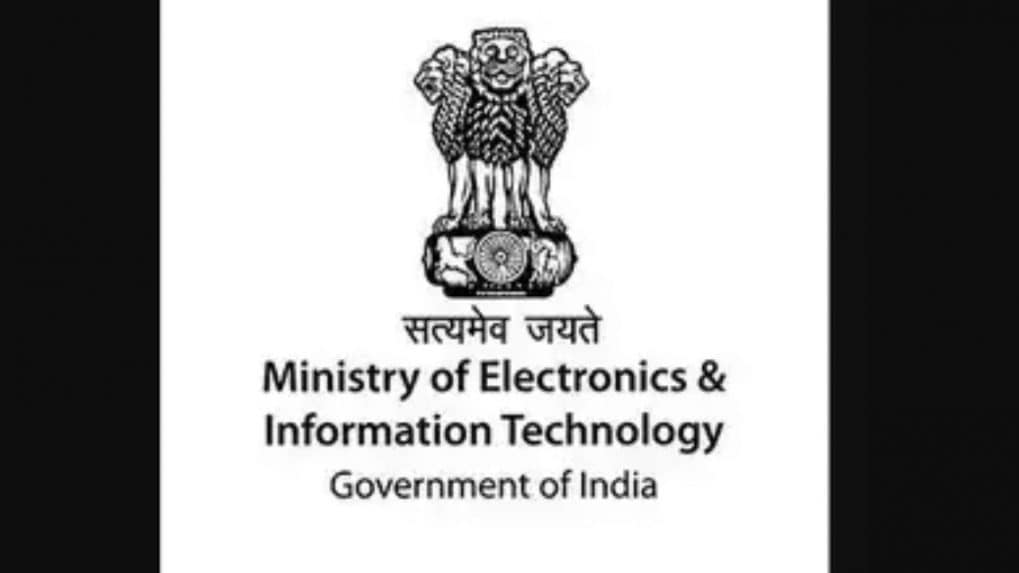How it Works
Tech layoffs 2025: The biggest job cuts in Silicon Valley and beyond

With scam calls, phishing links, and fraudulent messages proliferating on OTT communication apps like WhatsApp, Telegram, and Google Meet, the Ministry of Electronics and Information Technology (MeitY) is preparing to initiate stakeholder consultations to address the issue — a move experts and industry observers say is both necessary and overdue.
The Ministry recently gave this assurance during the Joint Committee of Regulators (JCOR) meeting in April, following mounting concerns from the Telecom Regulatory Authority of India (TRAI) and telecom operators over the unregulated misuse of communication apps for spam and fraud.
While no formal dates have been announced, industry insiders expect the consultation process to begin over the next few weeks. Stakeholders include telecom majors like Jio and Airtel (Cellular Operators Association of India), OTT communication platforms such as Meta (WhatsApp), Google, and Telegram, as well as consumer advocacy groups, cybersecurity experts, and digital rights bodies.
Although MeitY has yet to initiate formal consultations, insiders anticipate that official measures may not be announced until mid-2026, as the consultation process could stretch over 6 to 9 months, particularly given the expected resistance from Big Tech seeking to safeguard their business interests.
“These platforms have become a Wild West for scammers — phishing links, fake investment schemes, and relentless spam are hitting users daily, costing Indians crores and shattering trust in digital communication,” said Sonam Chandwani, Managing Partner at KS Legal & Associates. “It’s crucial for MeitY to act decisively. Without a coordinated crackdown, we’re just patching holes while scammers run circles around us.”
Currently, spam and telemarketing messages are tightly regulated on SMS and voice calls under TRAI’s distributed ledger system (DLT). But OTT apps fall under MeitY’s jurisdiction, governed by the Information Technology Act and the IT Rules, 2021 — a gap fraudsters have been quick to exploit.
Telcos have long argued that OTT communication apps should be regulated under the Telecommunications Act, 2023, as they rely on telecom infrastructure. Meanwhile, the likes of Broadband India Forum (BIF), National Association of Software and Services Companies (NASSCOM), and the Internet and Mobile Association of India (IAMAI) have argued that OTTs are already governed by the Information Technology Act 2000. In fact, in 2023, the then telecom Minister Ashwini Vaishnaw also clarified that OTT apps are governed by the IT Act and not the Telecom Act.
According to Rohit Kumar, Founding Partner at The Quantum Hub, “Uncoordinated action by individual regulators — even if well-intentioned — can lead to confusion and pushback. That’s why MeitY’s whole-of-government approach is a positive step, especially as it balances privacy concerns with the need to curb fraud.”
Telcos, on their part, have been pressing for KYC-based onboarding of users on OTT communication platforms and tighter integration with TRAI’s spam control systems. However, OTT platforms have resisted any suggestion of being brought under telecom regulation, citing differences in technical architecture, business models, and encryption obligations.
Amidst this regulatory flux, the Department of Telecommunications (DoT) issued a stern advisory to social media and application hosting platforms on February 18, 2025, asking them to remove any content or apps that enable tampering of telecom identifiers like CLI (Calling Line Identification), IP addresses, or IMEI numbers.
The advisory invoked Section 42 of the Telecommunications Act, 2023, under which such acts — including CLI spoofing — are classified as cognizable and non-bailable offences, with penalties of up to Rs 50 lakh and imprisonment of up to three years.
While the legal boundaries remain clear, OTTs are intermediaries under MeitY, not telecom licensees under DoT, the advisory underscores the growing urgency of coordinated enforcement.
Experts recommend mandating AI-based spam detection on communication apps, enforcing opt-out tools for users, and establishing clear platform liability for unchecked fraud.
“Overregulation could stifle innovation, but inaction is far more dangerous,” Chandwani added. “MeitY must set a clear agenda before the mess deepens further.”
It is also to be noted that the rise of spam on OTT communication apps has transformed into an unpredictable and high-risk communication space, from a consumer protection and brand liability standpoint.
"Users are blocking businesses not because of the brand itself, but because they have lost trust in WhatsApp as a communication channel. This damages the reliability of direct consumer engagement, making it harder for brands to operate within legitimate parameters," said a media executive.
The leaders highlighted how AI is emerging as a critical enabler in this shift from marketing’s traditional focus on new customers to a more sustainable model of driving growth from existing accounts.
Read MoreThe Online Gaming Bill 2025 imposes severe penalties, allows warrantless search and seizure, and empowers a central authority to regulate the digital gaming ecosystem. It is expected to disrupt platforms, payment systems, and advertising in the sector. Here's all you need to know about the bill.